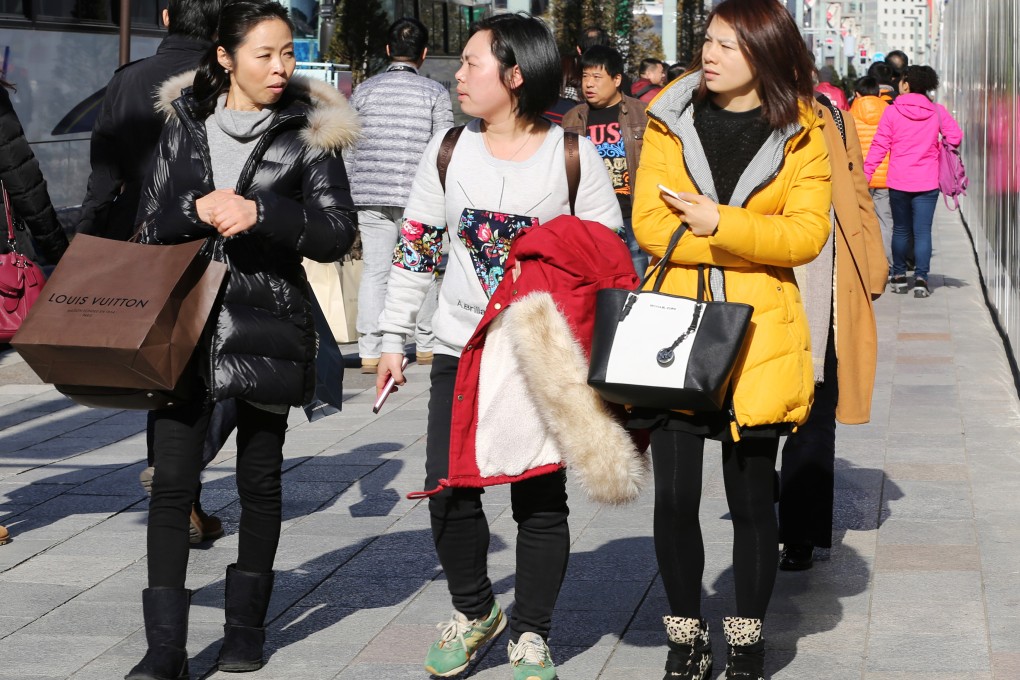Economic links between China and Japan can overcome nationalist politics
Lex Zhao says nationalistic politics must not be allowed to triumph

During the last Lunar New Year holiday, half a million Chinese visited the country they are supposed to hate the most - Japan - and they poured US$1 billion into the sluggish Japanese economy. Some bought souvenirs by the container load, filled with cameras, rice cookers, medicines, perfume, air cleaners and even toilet seats. And all this happened amid nationalistic rifts stirred up by politicians.
Leaders, are you watching?
Ancient Japan adopted Han culture and language, to the extent that even today, the royal family choose names for their children from Chinese classics. On the other hand, the earliest Chinese communism came from Japan, brought back by Chen Duxiu and Li Dazhao, who had spent more than a decade studying Marxism there. Added to the list are revolutionary pioneers such as Chiang Kai-shek, Lu Xun and Zhou Enlai . In fact, modern Chinese terms for revolution, communism, general secretary and so on were adopted from Japanese terms, which were first translated by Japanese scholars from Western languages.
The long-time close friendship changed when Japan invaded China over 75 years ago. That inflicted deep pain on ordinary Chinese, who even today remember the Nanking massacre, germ warfare experiments and sex slaves. The fact some politicians on both sides strategically use nationalism only makes things worse. Globalisation has, however, brought rapid change and new challenges to East Asia.
China and Japan, the world's second and third largest economies, are each the other's major trading partner. Since joining the World Trade Organisation in 2001, China has tripled its GDP, and neighbours have benefited from an economic network based on Chinese labour and resources. Thousands of Japanese firms have production facilities in China.
Yet, while the income of an ordinary Chinese might have tripled overnight, he or she believes China is still the Middle Kingdom and "barbarian" countries should bow to it. The country still practises "enriching nationhood to empower the military", increasing military spending faster than its GDP growth. Decades of mass education have produced a generation of "angry youth" who voice their hatred of foreigners at the slightest provocation. Needless to say, neighbouring countries are concerned. It is time to think about what the Chinese dream really means.